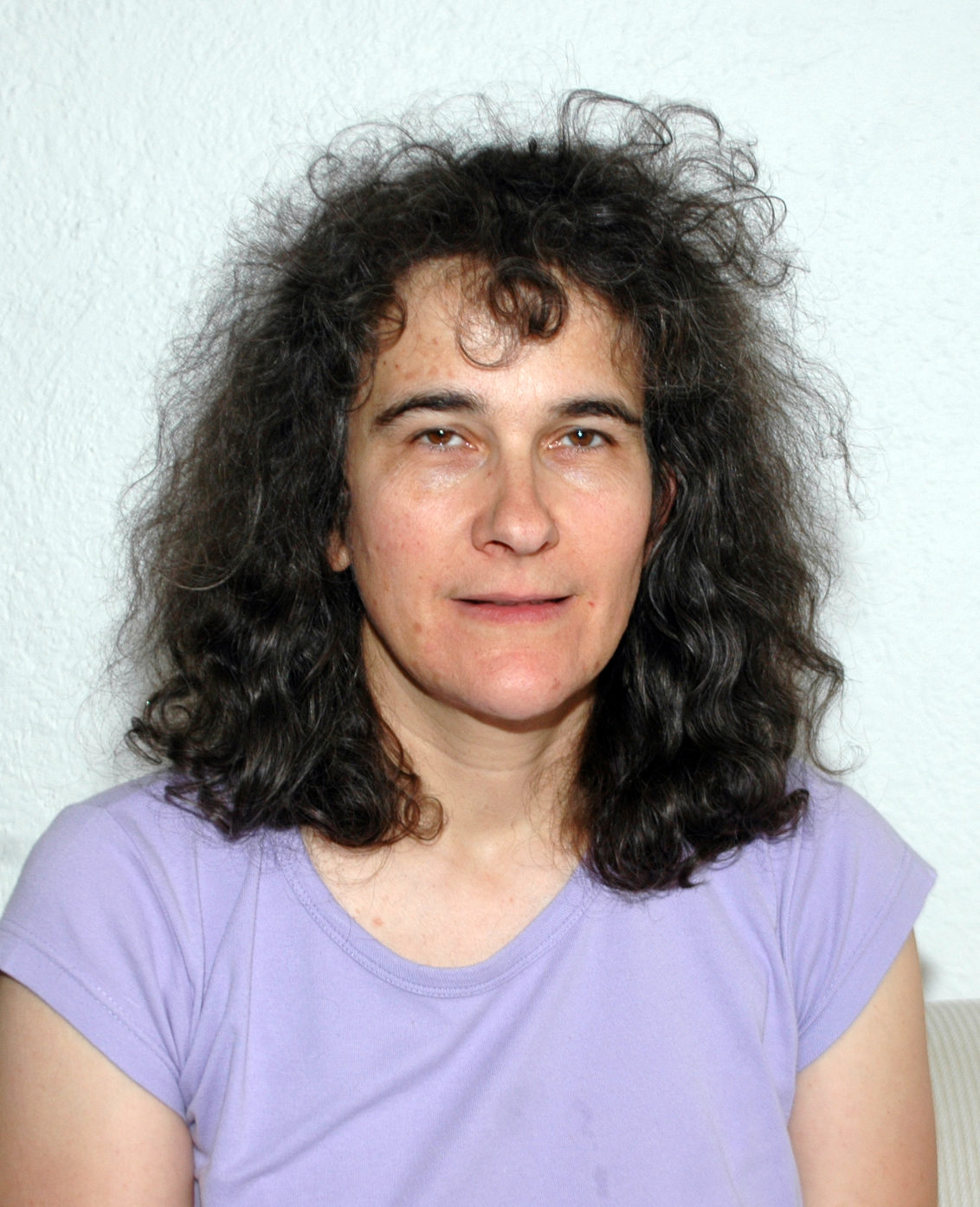AAA drought-tolerant maize

Her extensive work in southern Africa has included building a partnership of the National Agricultural Research System (NARS), non-governmental organizations, the private seed sector, farmer organizations, universities, and regional organizations to develop, evaluate and deploy over 45,000 tons of stress-tolerant corn seed to smallholder farmers. Dr. Bänziger has a doctorate in crop physiology from the Swiss Institute of Technology.
What particular private sector strengths are necessary in your area of work? Why are public resources not sufficient on their own?
Deployment of international public goods is vitally important. The private sector’s crucial contribution is that it enables research outputs to reach farmers and create impact.
From your experience of public-private partnerships (PPPs), what are the most important considerations in the planning phase?
Ultimately, every PPP with CIMMYT has to further our mission of delivering international public goods. Potential private partners range from multinationals to local companies, but PPPs always have one thing in common: they only work if you make the joint benefit clear at the beginning. The public and private sectors take different approaches in many areas, for example on disclosure. If we come together thinking we are already on the same page, the discussions will not be productive. But if we understand that we have different ways to tackle a challenge, we can try to find common ground. Do a cost-benefit analysis for all parties and see if there is good mutual benefit. There needs to be real clarity on who brings what to the project, and on how outputs will be shared. Once that is understood, it is much easier to draft the agreement.
What advice would you give to people from your sector hoping to start a first PPP soon?
PPPs are essentially business relationships: Know the public obligation and the private interest. Before starting planning, look around the Internet for best practices, like those listed by the UN. You need to know the value of what is at stake, and only make agreements where the value is justified. Seek professional advice.
What do you see as the future of PPP?
People are now formalizing rights and obligations in collaborations much more than they used to. My prediction is that partners will increasingly have to fine-tune every explicit detail of how benefits will be shared. That will be true both for public-public and public-private projects. As a public organization, we are committed to producing products that can be used by others; every future PPP will need to achieve this goal.
